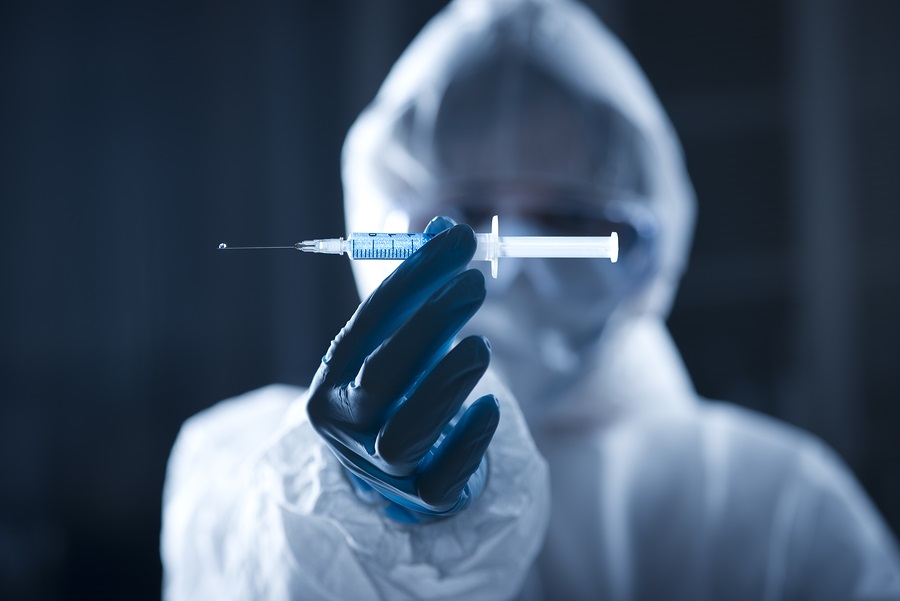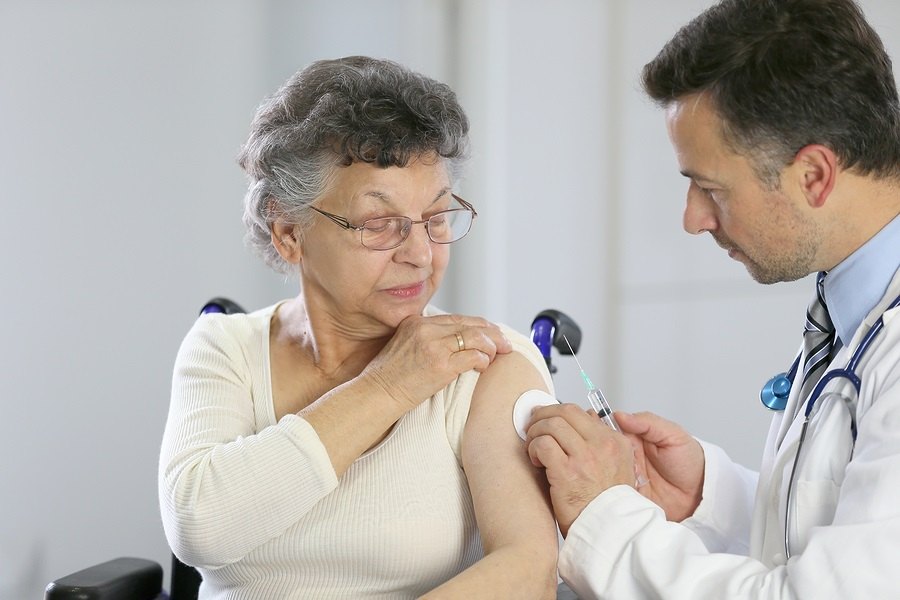FDA Has Acknowledged That Vaccine Technology is Outpacing Ability to Predict Adverse Events
Recently, top-tier autoimmunity researchers described vaccine safety science as a “hazardous occupation.” In their view, this is because uncompromising vaccine proponents are instantly ready to mount vociferous personal attacks on anyone who raises questions about any aspect of vaccine safety, even if the questions are buttressed by impeccable, high-quality science. Vaccine safety was not always such a taboo topic. In 1961, a leading polio researcher put forth the view in Science that “even after licensing, a new vaccine product must be considered to be on trial” because of the many “new variables” that accompany large-scale vaccine production and rollout. A leading Food and Drug Administration (FDA) official contended in 1999 that modern advances in vaccine technology were rapidly “outpacing researchers” ability to predict potential vaccine-related adverse events” and argued for closer attention to safety issues from the earliest stages of vaccine development. “One of the important things is that the technology used to make these vaccines actually exceeds the science and technology to understand how these vaccines work and to predict how they will work,” stated Dr. Peter Patriarca, MD, Director of the Viral Products Division of the FDA Center for Biological Evaluation and Research (CBER). “So this has the potential for ending up in a situation which I call a 'black box' vaccine referring to a situation of unforeseen and unpredictable vaccine outcomes.” Dr. Patriarca also voiced concerns that with live attenuated vaccines “there is the potential for these vaccines, many of which have been poorly characterized, to recombine with viruses that may be present in the vaccine. Some of these viruses are latent and persist for a while, so it is very important to assure that these things are safe before they are given to people.” In the two decades since the FDA official’s prescient words of warning, numerous published studies have highlighted vaccine safety concerns that were either unexplored or neglected prior to the introduction of the vaccines in question.





